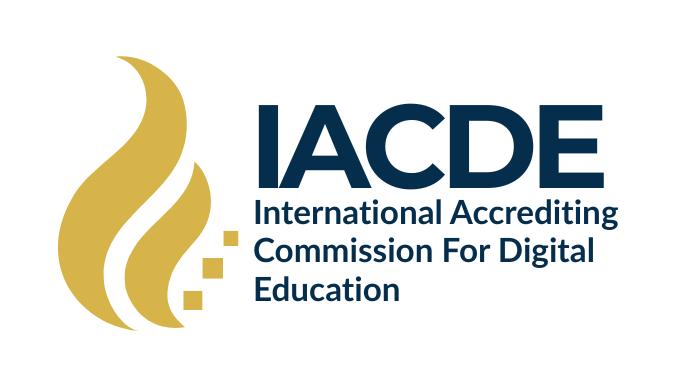In today’s evolving educational landscape, nontraditional institutions—such as faith-based academies, coaching programs, and microlearning platforms—are playing a pivotal role in delivering specialized, flexible learning experiences. However, these institutions often face challenges in gaining recognition through traditional accreditation systems designed primarily for conventional academic models. This is where digital-first accreditation becomes essential.
Understanding the Shift in Education
The rise of alternative education models reflects a broader shift towards personalized, outcome-focused learning. Learners are increasingly seeking programs that offer:
- Flexibility to learn at their own pace
- Relevance to real-world applications
- Accessibility regardless of geographic location
These preferences have led to the growth of institutions that specialize in microcredentials, coaching certifications, and faith-based education.
The Importance of Digital Accreditation
Digital accreditation provides a framework for these institutions to demonstrate quality and credibility. It ensures that programs meet established standards while accommodating the unique structures of nontraditional education providers.
Building Trust and Legitimacy
Accreditation signals to prospective students and stakeholders that an institution maintains rigorous academic and ethical standards. For nontraditional institutions, this recognition is crucial in establishing legitimacy in a competitive educational market.
Enhancing Global Recognition
Digital accreditation facilitates broader recognition, enabling institutions to attract a diverse student body and form international partnerships. It opens doors to global opportunities that might otherwise be inaccessible.
Emphasizing Outcomes and Innovation
Unlike traditional accreditation models that may focus on inputs like seat time, digital accreditation emphasizes learning outcomes and innovative delivery methods. This approach aligns well with the missions of coaching programs and microlearning platforms.
How IACDE Supports Nontraditional Institutions
The International Accrediting Commission for Digital Education (IACDE) offers tailored accreditation pathways for diverse educational models. Our approach includes:
- Flexible evaluation criteria that respect the unique missions of institutions
- Support for various program structures, including modular and competency-based formats
- Recognition of faith-based values integrated into educational offerings
IACDE’s digital-first processes ensure that accreditation is accessible, efficient, and relevant to the needs of modern learners and educators.
Taking the Next Step
If your institution offers specialized education outside the traditional academic framework, pursuing digital accreditation with IACDE can enhance your credibility and expand your reach. Our team is ready to guide you through the process, ensuring that your programs receive the recognition they deserve.
Begin the IACDE Accreditation Process →
References
- OECD. (2021). Education at a Glance 2021. https://www.oecd.org/en/publications/education-at-a-glance-2021_b35a14e5-en.html
- EDUCAUSE. (2023). Microlearning: The “OG” or Hot New Trend?. https://er.educause.edu/articles/2023/8/microlearning-the-og-or-hot-new-trend
- International Coaching Federation. (2023). Global Coaching Study Executive Summary. https://coachingfederation.org/blog/robust-growth-2023-global-coaching-study-results-are-in
- Council for Higher Education Accreditation. (n.d.). National Faith-Related Accrediting Organizations. https://www.chea.org/national-faith-related-accrediting-organizations



Comments are closed